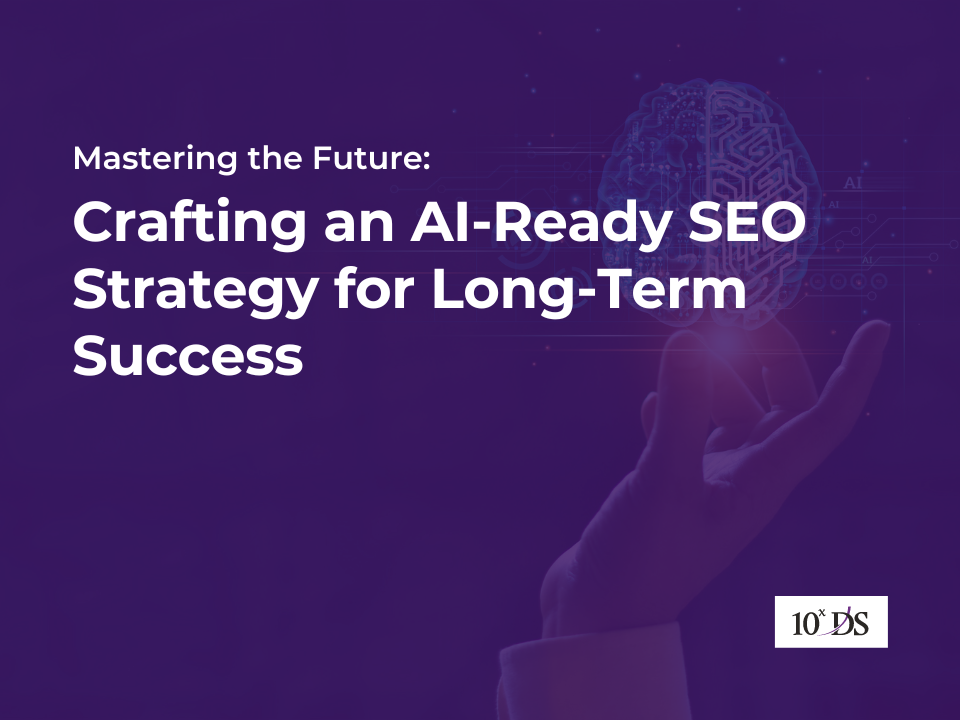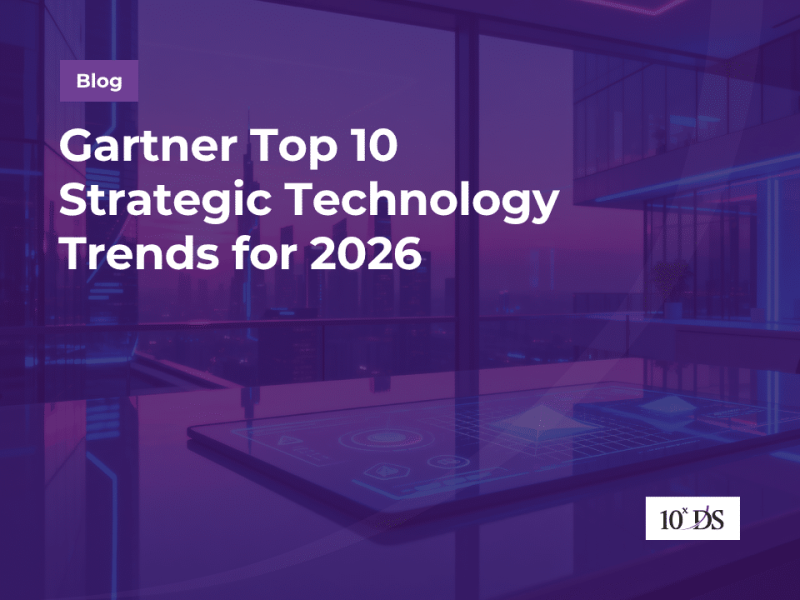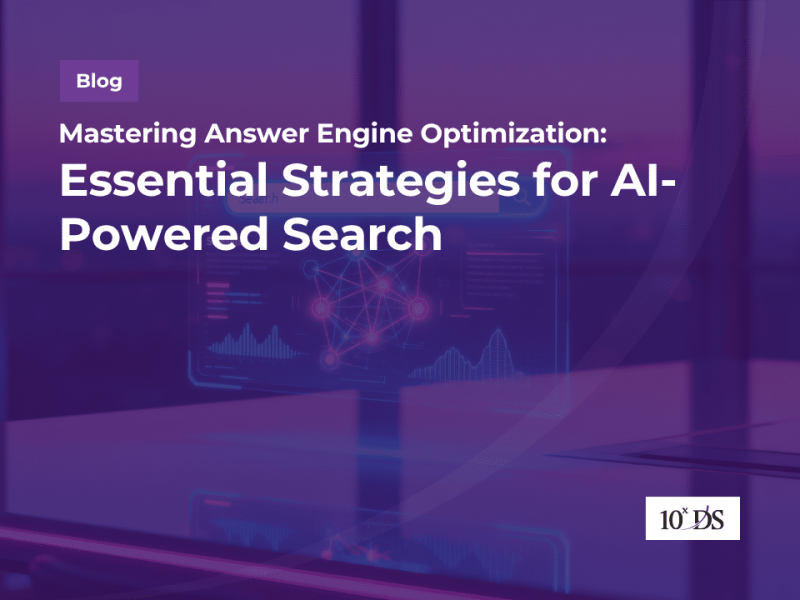
Mastering the Future: Crafting an AI-Ready SEO Strategy for Long-Term Success
AI has significantly transformed the landscape of SEO, ushering in a new era of sophisticated algorithms and enhanced user experiences. Search engines, led by Google, leverage machine learning and natural language processing to better understand user intent, resulting in more accurate and personalized search results. Content optimization has evolved to prioritize conversational language, long-tail keywords, and the creation of high-quality, relevant content. Featured snippets and voice searches have gained prominence, emphasizing the importance of aligning content with user queries in a natural manner. Moreover, AI has automated aspects of content creation, prompting the need for a balance between efficiency and maintaining human oversight for content quality.
The user experience has become a pivotal ranking factor with the advent of Core Web Vitals and the Page Experience update, emphasizing page speed, mobile-friendliness, and overall usability. Local SEO has seen refinements with AI-driven algorithms understanding local intent, prompting businesses to focus on hyper-local targeting. As algorithms continuously evolve, SEO strategies must remain adaptable, and the implementation of structured data for rich snippets is crucial for enhancing content visibility in search results. AI has also elevated analytics, offering deeper insights into user behavior and preferences, empowering SEO professionals to make informed, data-driven decisions. Overall, embracing these AI-driven changes is imperative for crafting a resilient and future-proof SEO strategy. Successful SEO strategies must pivot from traditional keyword-centric approaches to a more user-centric model, focusing on delivering content that authentically meets the needs and expectations of the target audience.
Here’s a comprehensive guide to help you build a future-proof SEO strategy:
Understand AI and Machine Learning in SEO:
- Stay informed about how AI and machine learning algorithms, like Google’s RankBrain, impact search engine rankings.
- Explore how natural language processing (NLP) affects content understanding and user intent.
Prioritize User Intent:
- Shift your focus from keyword-centric strategies to user-centric ones. Understand the intent behind search queries and create content that genuinely answers users’ questions or fulfills their needs.
Invest in High-Quality, Relevant Content:
- Produce content that is comprehensive, authoritative, and valuable. AI algorithms are becoming more adept at evaluating content quality, relevance, and user satisfaction.
Optimize for Featured Snippets and Voice Search:
- As voice search and featured snippets gain prominence, optimize your content for more conversational queries and aim to secure featured snippet positions by providing concise, direct answers.
Technical SEO and Core Web Vitals:
- Prioritize technical SEO, including site speed, mobile optimization, and security. Google’s algorithms, like Page Experience and Core Web Vitals, emphasize a positive user experience.
- Leverage AI for Content Creation and Optimization:
- Experiment with AI tools for content creation, optimization, and personalization. AI can assist in generating insights, optimizing meta tags, and analyzing user behavior for better content strategies.
Structured Data and Schema Markup:
- Implement structured data and schema markup to provide search engines with more context about your content. This can enhance the appearance of your content in search results and support rich snippets.
Adapt to Algorithm Updates:
- Stay vigilant about search engine algorithm updates. Be ready to adjust your strategy based on changes in ranking factors and user experience requirements.
Local SEO and Google My Business:
- Optimize for local searches, especially with the increasing importance of local results. Ensure your Google My Business listing is accurate and up-to-date.
AI-Powered Analytics:
- Utilize AI-driven analytics tools to gain deeper insights into user behavior, preferences, and emerging trends. This data can inform your content and SEO strategies.
Embrace Mobile-First Indexing:
- With the shift to mobile-first indexing, ensure your website is mobile-friendly and provides a seamless user experience across devices.
Focus on E-A-T (Expertise, Authoritativeness, Trustworthiness):
- Establish and demonstrate expertise in your field, build authority through quality content and backlinks, and foster trustworthiness to align with search engine ranking criteria.
By integrating these strategies, you can build an SEO approach that not only adapts to the current AI landscape but also positions your website for success in the evolving digital landscape. Flexibility, a focus on user experience, and a commitment to staying informed are key elements of a future-proof SEO strategy. Talk to our experts to know more.


